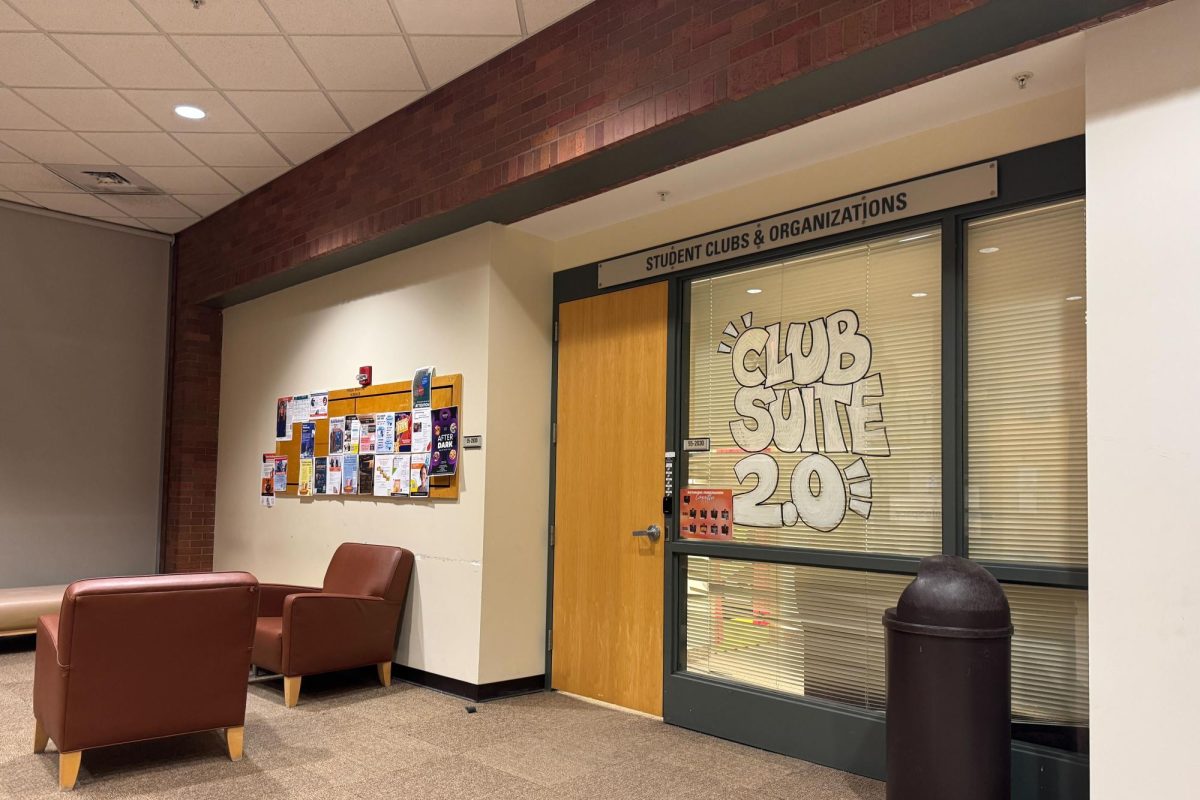For many college students, changing majors is just a part of college life. According to a 2017 study from the U.S Department of Education, 30 percent of students change their major at least once. At RIT, students’ experiences switching majors highlight both the challenges and the campus resources available to support them through the process.
On the RIT subreddit, many students shared their experience switching majors. One user, going by the name “Sparky_Birch”, has changed their major five times since enrolling at RIT. After declaring a major in Computational Mathematics at the end of their first year, Sparky_Birch began to question whether that career path was right for them.
“I was also a bit worried about my career prospects — objectively, there was nothing wrong with doing a Math + CS degree… [however] I [felt I] would be competing with other programming majors for an unknown degree,” noted the student.
During this process, the student chose not to seek help from an academic advisor, citing concerns that they would be pressured into staying in their current course.
“I have a feeling they would’ve steered me towards a direction that I would not want… I think discussing with them would primarily limit me to the doors they and I already knew existed,” they said.
Where to Start
While Sparky_Birch was able to manage the transition alone, ultimately settling into the Electrical Engineering program, other students may benefit from the use of RIT’s official resources. One option is the Change of Major Fair, which the University Advising Office organizes every semester. Dewey Lawrence, Assistant Director of the University Advising Office, shared how the fair — which hosts representatives from each of RIT’s colleges — allows students to learn more about other fields of study.
“It’s really one place where students can learn about majors, can get connected to departments and can understand the process of changing their major,” Lawrence explained.
Students can find a wealth of resources at the fair, including career counseling, NTID contacts, university advising and guidance tailored to those in an accelerated BS/MS program.
Another useful resource is career counseling. Despite the name, career counseling covers more than just employment opportunities; it also provides guidance for academic exploration, notes Lawrence.
“The career counselor will meet with the student… might have them take assessments… to give them some feel for what their personality traits and interests are, and how that might relate to different career paths, and then piece the major in there as well,” Lawrence stated.
Lawrence also recommended that students reflect on their overall college goals, suggesting that a focus on the big picture helps pinpoint whether a major change is the right choice.
Know Before You Switch
Before committing to any program changes, it is essential to thoroughly research the requirements of a potential new major. Some programs expect students to complete specific prerequisite classes, others require a portfolio and nearly all have a minimum GPA requirement.
For students struggling in their current program, Lawrence advised them to critically evaluate their learning habits before deciding to jump ship.
“I want you to be running towards a degree instead of running away from a degree,” Lawrence said. “[Students should] really look at themselves …and their tendencies as a learner, and… separate that from whether the student enjoys the content of their major.”
While there is no singular approach for a major change, Lawrence suggested that students should consider several factors. These include how the change might affect the amount of time needed to complete undergraduate studies, whether that time might be better spent pursuing a graduate degree and if existing credits could count toward a School of Individualized Study degree.
When asked about the fears students like Sparky_Birch raise about speaking with their academic advisor, Lawrence reinforced that advisors are tools to guide students, but that students must also learn to advocate for themselves.
“My goal is not to steer students towards any academic degree …I look at it from the perspective of the student,” Lawrence clarified. “Advisors, I would hope, would advise you to explore your options…[However]… it’s a little bit about personal advocacy… “if a student is, if this is what they want, you know, [They should] keep pushing to say like ‘I want to keep exploring this further’, and ‘who else can I talk to.”
Ultimately, rethinking your major is a choice many students contend with. While a potential switch comes with many questions — not all with immediate answers — the Change of Major Fair is a great way to explore what’s out there. This fall, it will be held on Wednesday, Sept. 20, from noon to 2 p.m., in the SHED Atrium.









